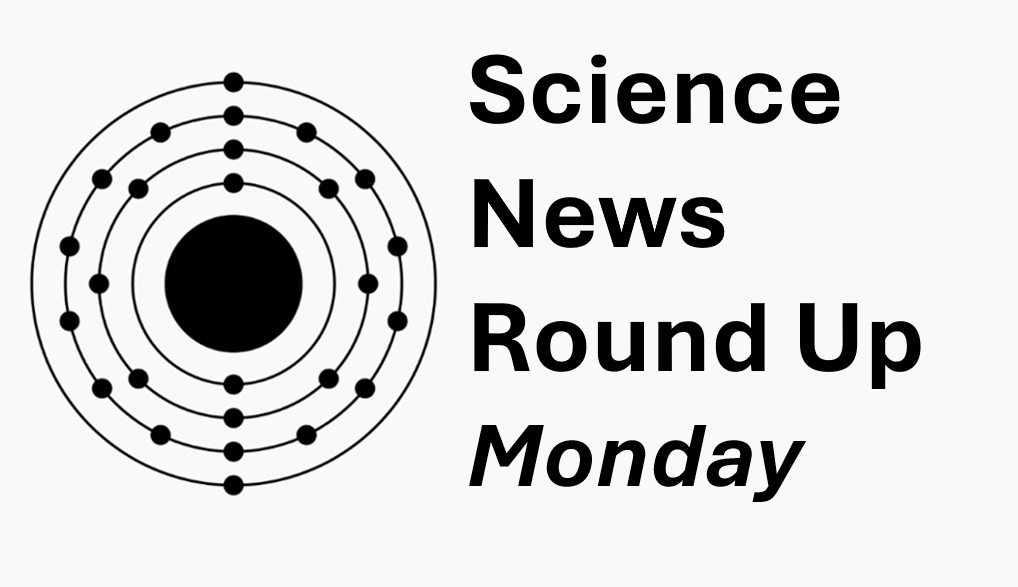
Science News Round Up, April 7, 2025
Be a Science Advocate—Support Independent Knowledge!
Stay informed with the latest research advancements and scientific breakthroughs. Your free subscription directly supports our self-funded mission to deliver crucial updates weekly. 💡 Every moment counts! Share now and invite others to amplify this important message!
Children of American service members defend Pentagon DEI policies
The article underscores a broader conservative strategy aiming to reverse recent social and environmental advancements, equating efforts to restrict transgender rights and roll back climate policies as interconnected maneuvers to consolidate control by fostering fear and manufacturing crises. This rollback erodes progress by spinning crucial changes as dangerous experiments, reinforcing divisive power dynamics, and is met with rising grassroots resistance and advocacy, emphasizing the critical need to safeguard inclusive data and robustly contest regressive policies to preserve a forward-moving, equitable future.
Climate and health litigation mounting in Australia as exposure to heat waves grows
Australia is grappling with escalating heat exposure and ranks as a global leader in climate litigation, having experienced a 37% increase in excess heat factor over two decades. While notable strides have been made with a national climate risk assessment and significant renewable energy growth, the nation must urgently address persistent challenges such as reduced volunteer firefighting capacity, continued reliance on fossil fuels, and rising healthcare-related emissions; the upcoming five years are critical for these efforts.
Doctors Are Getting Creative With Artificial Intelligence
AI technologies, including generative AI systems like ChatGPT, are increasingly integrated into medical practice globally, with a significant number of doctors in the UK and Portugal using them to aid clinical decision-making, improve efficiency, and create documentation. However, while many physicians report enhanced decision-making capabilities and efficiency, concerns remain regarding the potential for AI to influence clinical judgment, especially among less experienced practitioners, and technical limitations such as the generation of inconsistent or incorrect outputs.
Identifying source of predictability for vapor pressure deficit variability in the southwestern United States
The study explores the predictability of atmospheric vapor pressure deficit (VPD), a crucial indicator of wildfire risk, in the southwestern US, highlighting that sea surface temperature variability, particularly related to ENSO and the Pacific Decadal Oscillation, is a significant driver of VPD prediction. By employing advanced forecasting techniques, including weighted model-analog approaches, the research demonstrates enhanced forecast skill comparable to state-of-the-art dynamical models, emphasizing the potential for improved wildfire preparedness through better climate predictions, although challenges remain due to the complexity of atmospheric conditions and their influence on fire activity.



